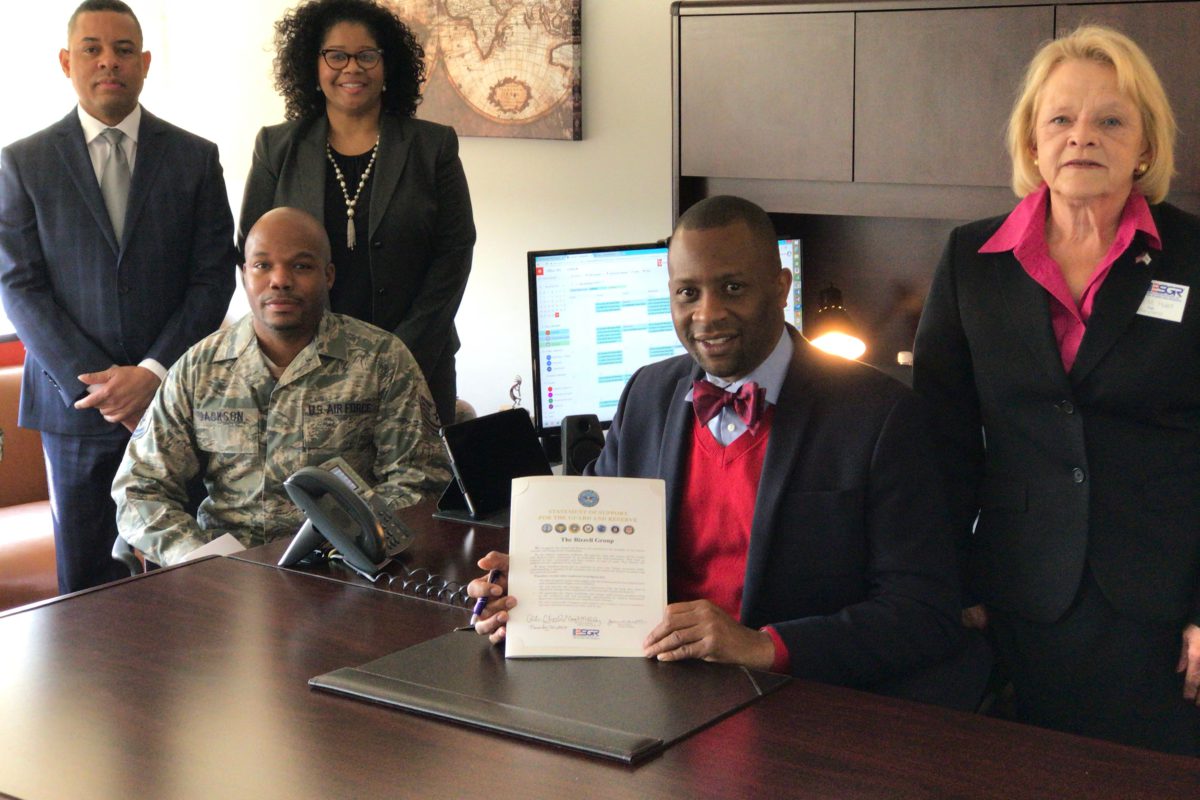Black Youth and Suicide
Suicide rates among black youth have never been higher than they are now. A 2016 CNN report indicates that the suicide rate among young black boys, ages 5 to 11, has nearly doubled within the past two decades. The increase was large enough to raise the “deaths due to suicide” rate among all black children from 1.36 to 2.54 per million. Hanging and suffocation are the most common suicide methods in black boys, accounting for 78% of all suicide deaths. Shooting is the second most common method of suicide and accounts for more than 17% of the cases.
Causes of the increase remain unknown, but the National Alliance on Mental Illness (NAMI) reports that black youth are more likely to be exposed to violence and trauma than other children, and those stressors have been linked to suicidal behavior. Black youth are also less likely to receive services for mental health issues, such as depression and suicidal tendencies, than other youth. NAMI also reports that the shame and stigma associated with mental health issues within the black community may be a reason for the lack of treatment.
Undoing the stigmatization of mental health care is an ongoing challenge in the black community. Addressing mental health stigma and ensuring appropriate, proper care for black boys who are suicidal or exhibiting warning signs is crucial in the reduction of suicide rates. Some health care professionals have begun to reframe conversations about mental health to remove clinical labels and contour conversations to reflect positive themes within communities of color. Jessmina Archbold, a social worker and mental health advocate in New York, suggests that it is imperative to educate white mental health care professionals about how to engage communities of color. She has coined her reframed approach as a “strength-building process” as opposed to treating an “illness.”
Adults who deal with children, including parents and teachers, must be trained to recognize the warning signs of suicide and know how to intervene properly. All threats and talk of suicide by children and youth should be taken seriously.
According to the American Association of Suicidology, the following behaviors or symptoms may signal a suicidal crisis in a young person:
- Feelings of hopelessness
- Anxiety, agitation, trouble sleeping or sleeping all of the time
- Expressions of having no reason for living or no sense of purpose in life
- Feelings of being trapped, like there’s no way out
- Increased alcohol and/or drug use
- Withdrawal from friends, family and community
- Rage, uncontrolled anger, expressions of wanting or seeking revenge
- Reckless behavior or more risky activities, seemingly without thinking
- Dramatic mood changes
- Giving away prized possessions
More research is needed to explain the factors involved in the increased rates of suicide among young black boys. Adults are encouraged to talk to young children about mental health, emotions, and suicide. Research has dispelled the idea that asking children directly about suicide will trigger suicidal thinking or behavior.




